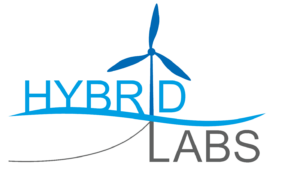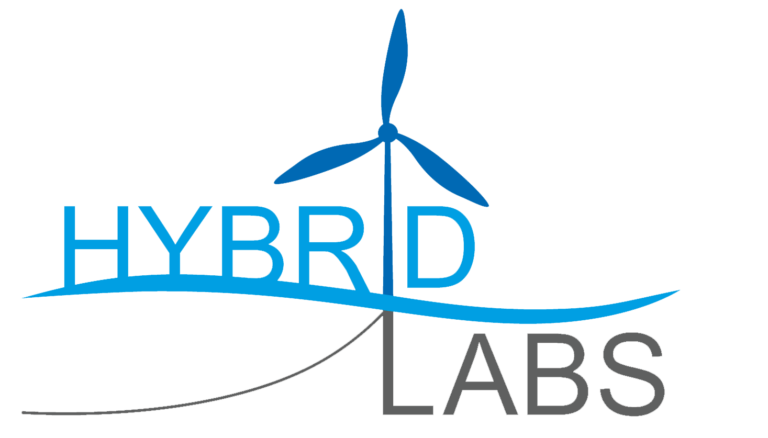Harshit Nayak- PhD candidate, TU Delft
Harshit’s research focuses on developing a data-driven, self-calibrating digital twin framework for offshore power networks. The study involves simulations of wind power plant models integrated with a synthetic Dutch power system, along with the collection of time-series data from SWITCH field labs under varying grid conditions. The performance, accuracy, and reliability of the developed model will be evaluated by comparing its dynamic responses with field experiment results.

